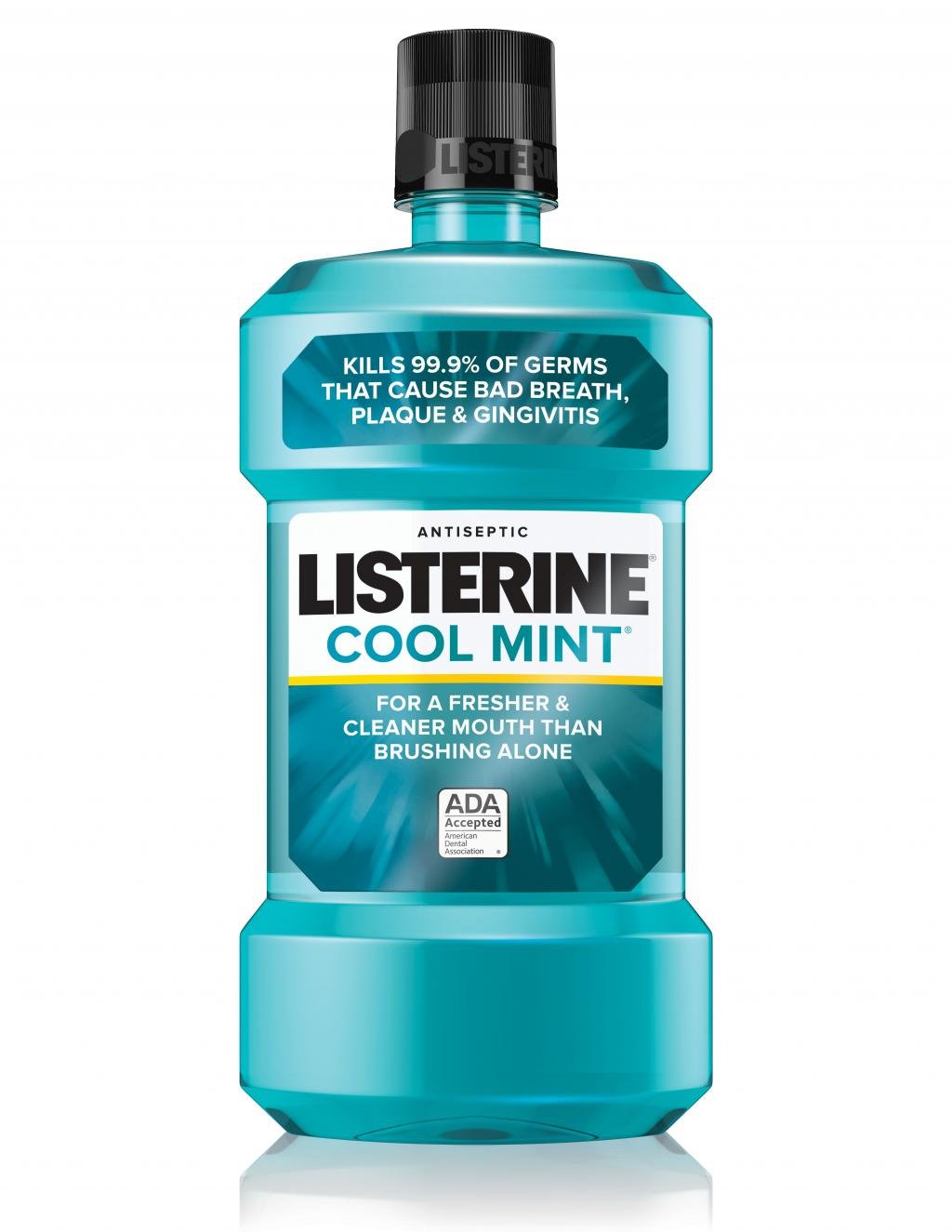Bad Breath: Causes & Treatment
What causes bad breath?
There are several potential causes of bad breath (halitosis). Some of the most common include:
- Food: The breakdown of food particles in the mouth, especially foods with strong odors like garlic, onions, or certain spices, can contribute to bad breath.
- Poor oral hygiene: Failure to brush and floss regularly allows food particles to remain in the mouth, promoting bacteria growth and odor. Inadequate cleaning of dentures or appliances can also cause bad breath.
- Dry mouth: Saliva helps rinse away food particles and bacteria. Conditions that cause dry mouth, like certain medications or breathing through the mouth, can lead to bad breath.
- Gum disease: Persistent bad breath can be a warning sign of gingivitis or periodontal disease, where bacteria accumulate in pockets between the teeth and gums.
- Tobacco products: Smoking or chewing tobacco products can cause their own unpleasant mouth odor as well as stain teeth and cause gum disease over time.
- Illness: Certain illnesses like respiratory infections, chronic sinus infections, diabetes, kidney problems or liver disease can contribute to bad breath.
- Dieting: Crash diets, fasting, or low-carb diets can cause metabolic changes that produce unpleasant breath odor.
- Dry mouth at night: Saliva production decreases at night, allowing bacteria to flourish overnight, resulting in “morning breath.”
- Medications: Some medications can cause dry mouth or release chemicals that are carried on the breath.
- Underlying conditions: In rare cases, bad breath can indicate more serious conditions like cancer or metabolic disorders.
Practicing good oral hygiene, avoiding dehydration, and treating any underlying dental problems or medical conditions are important for preventing and addressing persistent bad breath. Chronic halitosis should be evaluated by a dentist or doctor.
How can you prevent or treat bad breath?
Here are some tips to help prevent or treat bad breath (halitosis):
- Practice good oral hygiene:
- Brush your teeth twice a day with fluoride toothpaste
- Floss once a day to remove food particles
- Brush or scrape your tongue to remove bacteria
- Replace your toothbrush every 3-4 months
- Stay hydrated:
- Drink plenty of water to keep your mouth moist and promote saliva production
- Chew sugar-free gum or suck on sugar-free mints to stimulate saliva flow
- Watch your diet:
- Avoid foods with strong odors like garlic, onions, and certain spices
- Limit consumption of coffee, alcohol, and quit smoking
- Use antimicrobial products:
- Rinse with an antibacterial mouthwash
- Try products containing chlorhexidine, cetylpyridinium chloride, or zinc
- Keep your mouth clean:
- Clean dentures or removable appliances thoroughly
- Replace toothbrushes and tongue scrapers regularly
- Address underlying conditions:
- Treat any dental problems like gum disease, dry mouth, or cavities
- Manage medical conditions that may contribute to bad breath
- Chew sugarless gum or mints:
- Xylitol-containing products can help increase saliva flow
- Try home remedies:
- Rinse with salt water, baking soda, or green tea
- Chew on mint, parsley, or fennel seeds
- See a dentist:
- Get regular professional cleanings
- Discuss persistent bad breath for evaluation and treatment
- Consult a doctor:
- Chronic halitosis may indicate an underlying medical condition
Maintaining good oral hygiene habits and addressing any dental or medical issues are key to preventing and treating bad breath. If bad breath persists despite self-care efforts, it’s important to consult a dental professional or physician to identify and treat the underlying cause.




